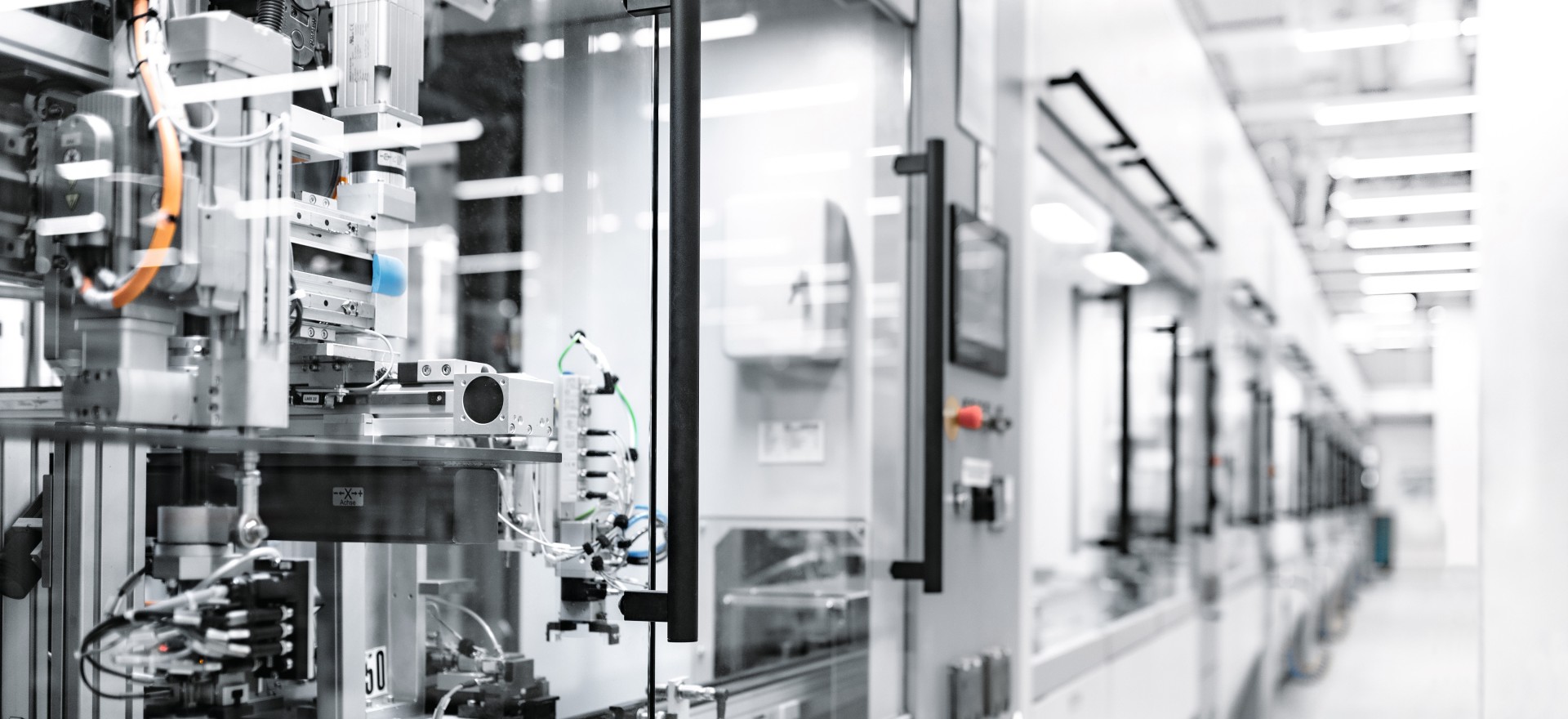

Many people work in production or in production-related occupations. Care must be taken to ensure that the products that are manufactured have the lowest possible energy and resource consumption during the manufacturing process, so that it is also apparent here how important the topic of sustainability is in the manufacturing industry.
Especially with regard to decarbonization and a possible CO2 neutral production, there are enormous fields of action for the future here.
In order to build up the necessary skills in the field of Industry 4.0 - i.e. networked production with state-of-the-art technologies, automation, robotics and digitalization - in good time, it is important to create awareness during school years. After all, the upcoming generation should be able to find its way in a technology-driven world in the best possible way.
The real and virtual world are growing increasingly closer together, modern information and communication technologies are merging with industrial processes and are increasingly changing the production landscape.
Industry 4.0 brings together various activities (virtual reality, intelligent components, human-machine interaction, machine-to-machine communication, IoT, big data management) under one term and describes the change that is imposing new requirements on production systems, machines, and people in many areas. Smart factories, which are the heart of Industry 4.0, bring a much higher level of automation and digitization.
The STEM@Festo learning concept provide an opportunity to introduce students to Industry 4.0. Students view videos of robots working directly with humans in a self-learning workplace for human-robot collaboration with artificial intelligence. They discover how the factory of the future uses control concepts based on speech and image recognition as they explore the technical innovations inspired by nature and designed by interdisciplinary teams.
core range